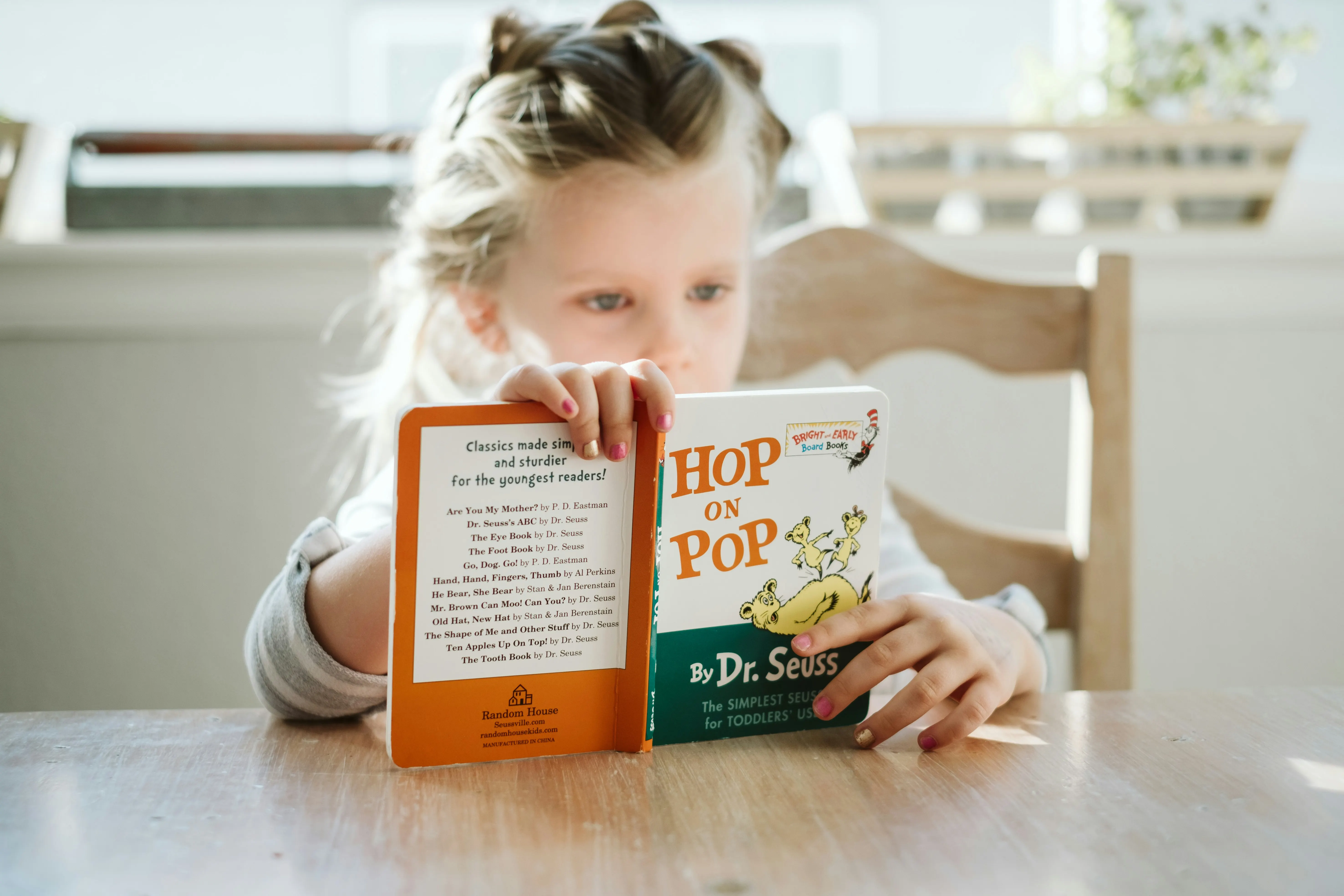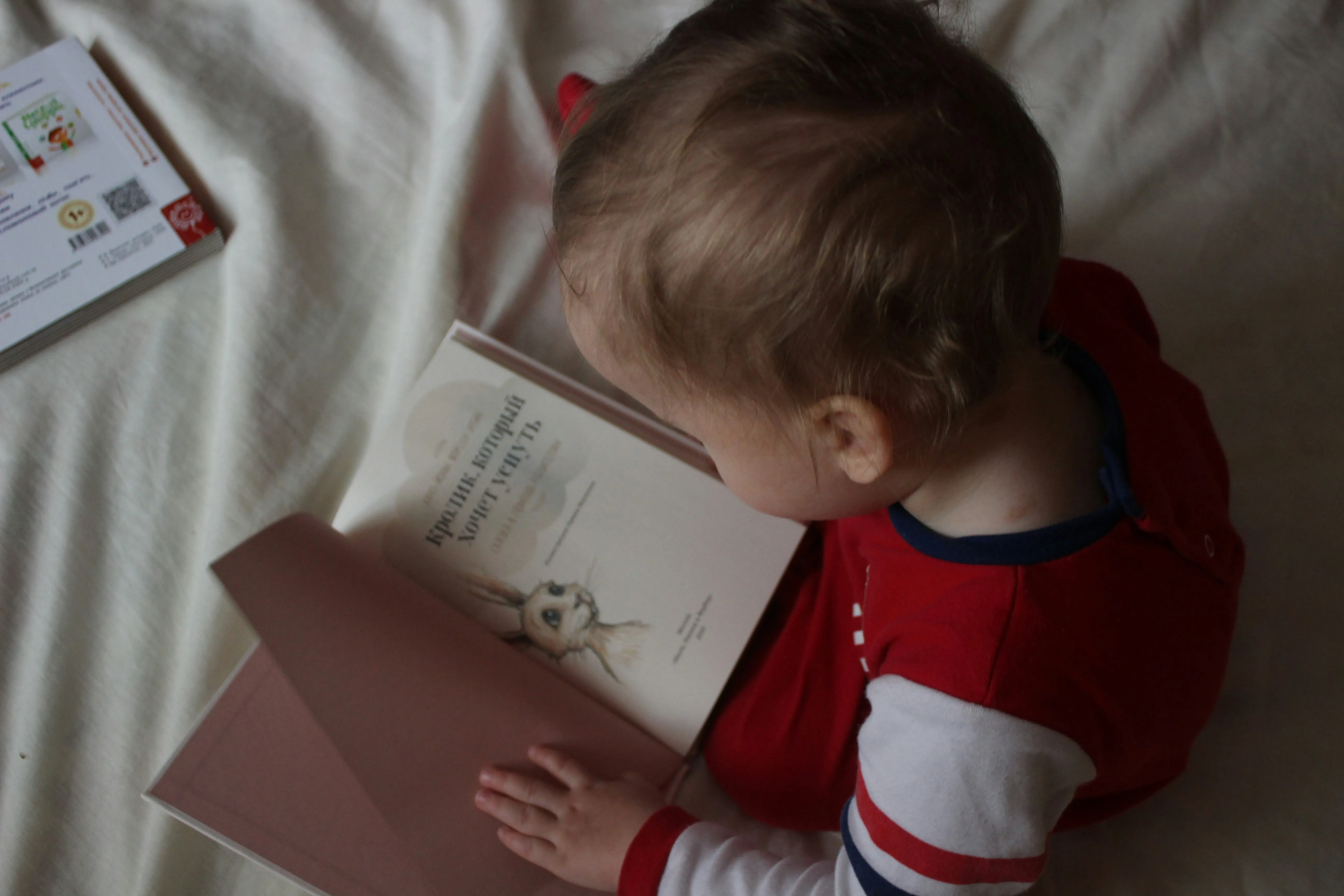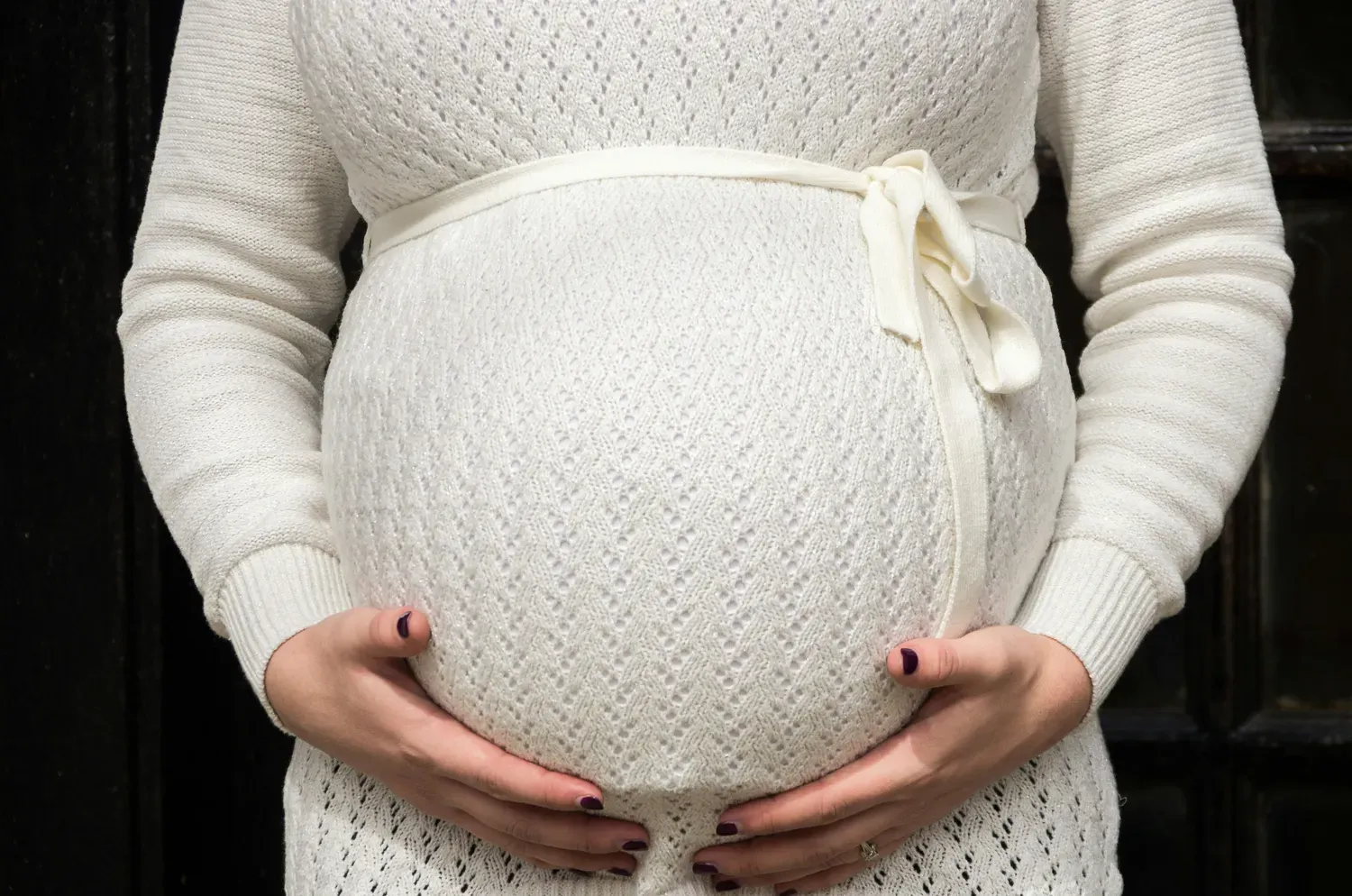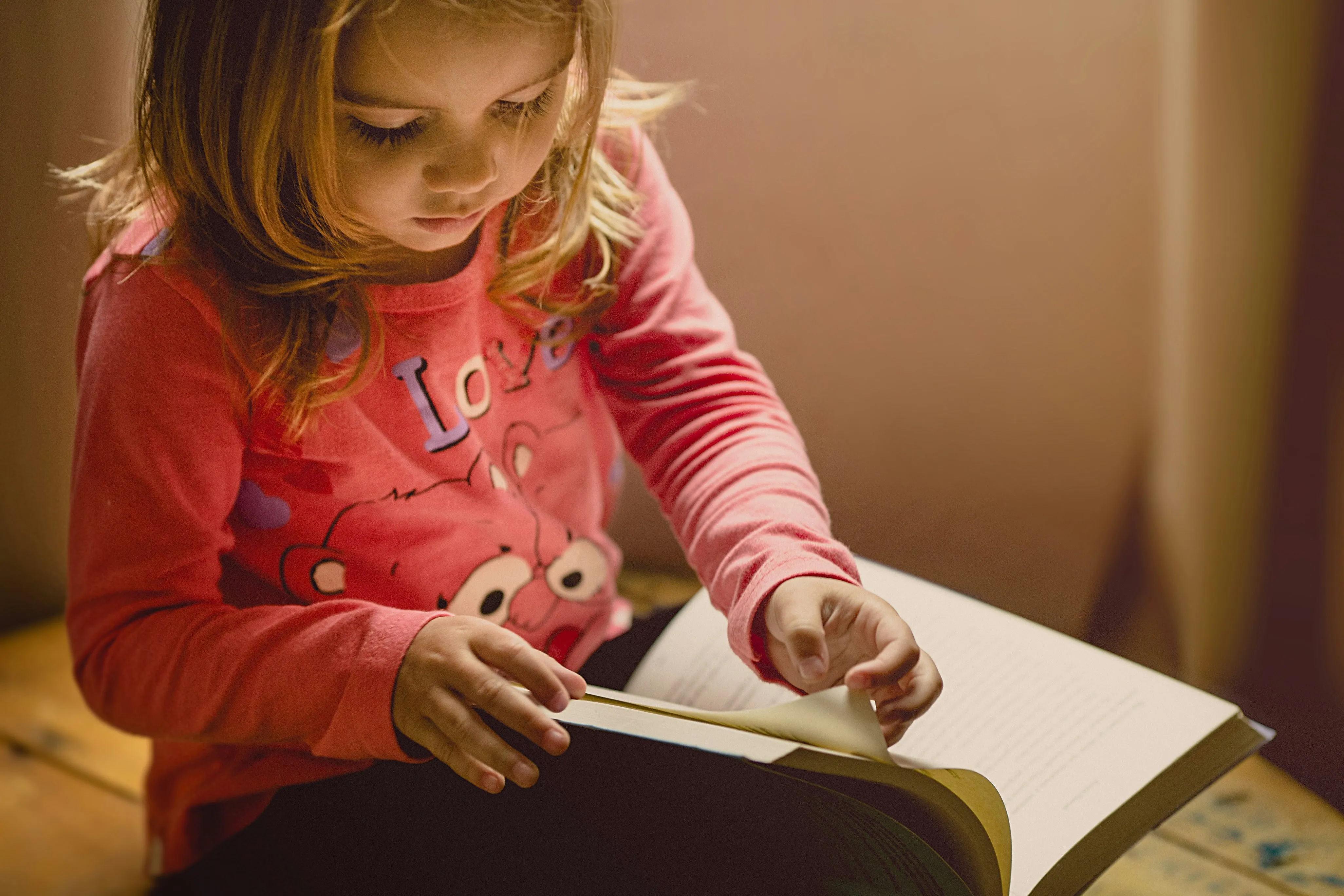Embracing Matrescence: A Journey of Growth and Change

Matrescence: An Expedition of Development and Transformation
Becoming a mother is a transformative experience that brings with it a range of emotional shifts, challenges, and changes. Matrescence is the term used to describe this transition into motherhood and encompasses everything from physical changes to emotional adjustments. In this blog, we will explore what matrescence is, how it impacts new mothers emotionally and mentally, and how you can navigate this journey of growth and change successfully. We will discuss the importance of self-care during matrescence, how to balance personal identity with motherhood expectations, and maintaining healthy relationships during this time. We will also talk about building resilience and embracing your new identity as a mother. Finally, we will touch on the role of support systems in matrescence and how it shapes your future self. Join us as we embrace matrescence and all its beautiful complexities.

Understanding Matrescence
Transitioning into motherhood involves profound emotional and identity changes, unlike adolescence. Matrescence acknowledges the ambivalence, bliss, and distress of new motherhood, recognizing it as a transition into mothering and parenting. This term encompasses the cognitive shifts and the mother’s style, embracing the motherhood experience in recent years.
The Definition of Matrescence
In the 1970s, anthropologist Dana Raphael coined the term "matrescence", also studied by psychiatrist Daniel Stern and psychoanalyst Donald Winnicott. Matrescence signifies the cognitive, wellness, and identity shift of motherhood, acknowledging the experience of motherhood and parenting, encompassing the transition, ambivalence, and ideal of mothering.
The Transition into Motherhood
Entering motherhood marks a profound shift, birthing a new identity and altering priorities. The transition involves embracing parenting responsibilities over personal needs. Matrescence includes the experience of the postpartum period, postpartum depression, and embracing maternal brain changes. It acknowledges the maternal identity, style, and the cognitive shifts in new mothers.
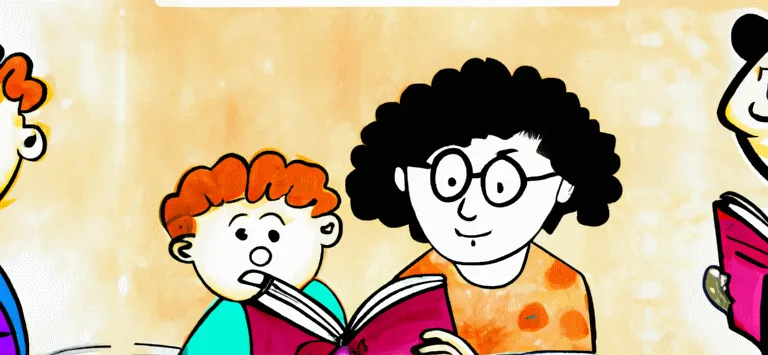
The Emotional Shifts of Matrescence
Navigating matrescence triggers a wide spectrum of emotional adjustments, encompassing joy, ambivalence, and a significant shift in the mother’s emotional landscape. This complex journey involves experiencing a broad range of sentiments, from embracing the transition to acknowledging the need for adjustments in one's emotional landscape.
Recognizing Maternal Mental Health Concerns
During matrescence, recognizing postpartum depression and perinatal mood concerns is crucial. Identifying and addressing postpartum distress is essential for maternal wellness. Acknowledging maternal mental health concerns plays a pivotal role in supporting new mothers through this transformative journey.
The Importance of Self-Care during Matrescence
During matrescence, prioritizing self-care is vital for nurturing a mother's overall well-being. Practicing self-care is crucial for maintaining maternal wellness and should not be overlooked. This period requires new mothers to focus on their emotional and physical well-being, recognizing the significance of self-care in their journey through motherhood.

Navigating the New- Matrescence Changes
Navigating the transformative changes of matrescence calls for flexibility and adaptation. New mothers must adjust to a series of life-altering changes, embracing the dynamic and evolving process of matrescence. It's a journey that requires a willingness to adapt and navigate the new terrain of motherhood experience.
Dealing with Societal Expectations
Managing the expectations of society during matrescence demands resilience and a balanced approach. New mothers must address and navigate external pressures to nurture a positive experience. The process requires individualized mindfulness, essential for embracing the journey of growth and change.
Balancing Personal Identity and Motherhood
Balancing the personal self with motherhood demands introspection and adaptation, nurturing a harmonious equilibrium. It entails balancing personal aspirations and motherhood responsibilities, integral during matrescence. Embracing motherhood while maintaining a sense of personal identity is the central focus during this transformative period.
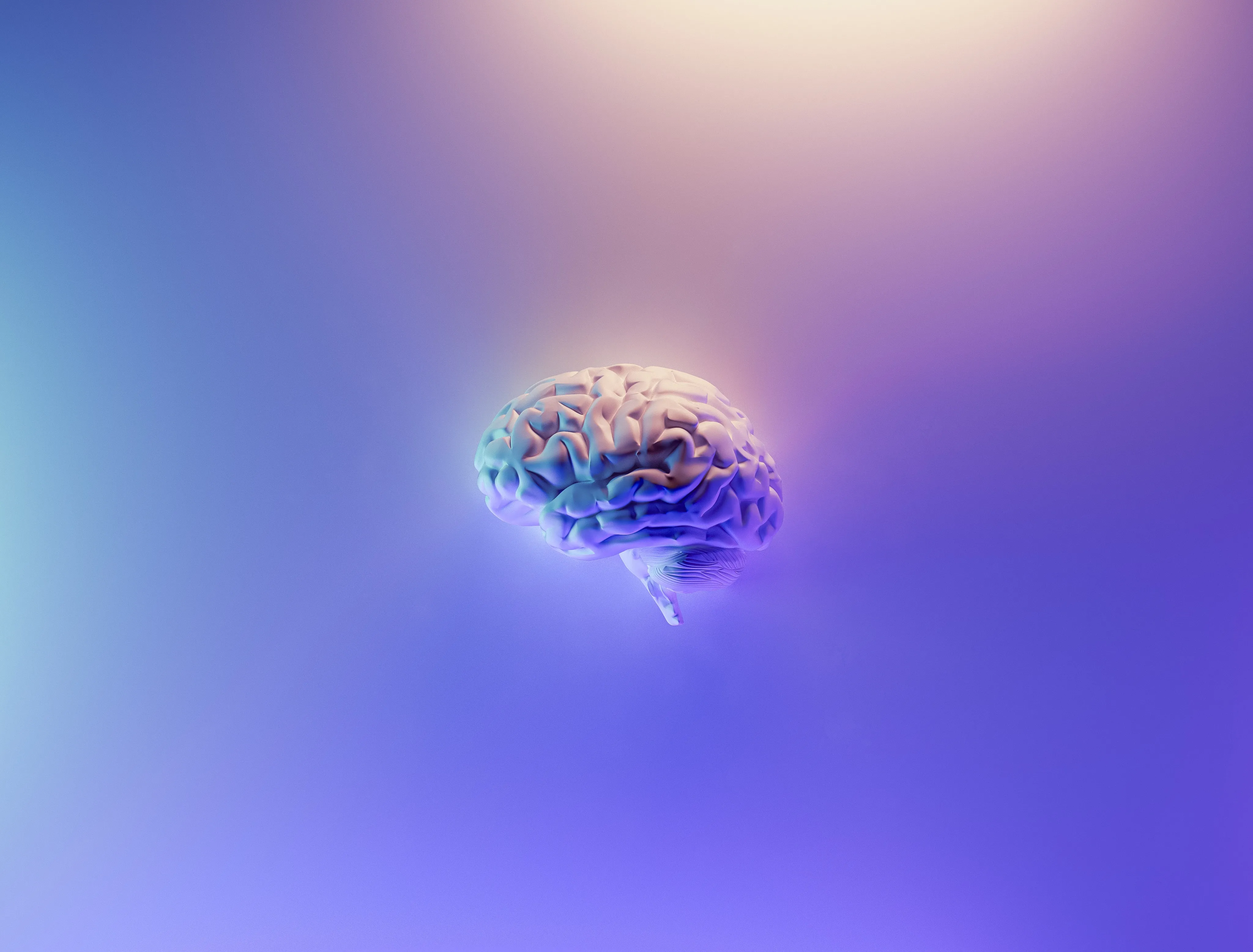
The Impact of Matrescence on Relationships
The transformation into motherhood, such as through surrogacy or the individual's own childhood experiences, impacts relationships, societal expectations, and personal identity. Matrescence influences emotional wellness, societal norms, and the cognitive process, including Alexandra Sacks' research in recent years at Columbia University. It affects the transition into motherhood and the mother's style, requiring resilience and adaptation.
Bonding with Your Child During Matrescence
The mother-child relationship during matrescence involves pediatrician and midwife support. It acknowledges the new mom's mothering style, good enough mothering, and maternal ambivalence. Matrescence encompasses bonding, childhood, and parenting experience, shaping the ideal mother and mothering distress. Recent years have seen increased cognition around the impact of matrescence on a mother’s own childhood.
Maintaining Healthy Relationships during Matrescence
Navigating matrescence involves the experience of maintaining healthy relationships, identity, and parenthood. This journey encompasses maternal identity, parenting, and maternal style. It also includes maintaining social media presence, and overall wellness as a mother. Embracing your own childhood experiences plays a vital role in shaping your maternal style.

Empowering Yourself through Matrescence
Matrescence involves developing resilience, empowerment, and overall wellness during the motherhood experience. It recognizes maternal identity, ambivalence, and distress, acknowledging the shift in identity and the journey through this new phase of life. Embracing matrescence means navigating the transition and embracing the mothering identity with empowerment and grace.
Building Resilience during Matrescence
During matrescence, women experience maternal ambivalence, distress, and a shift in identity. Building resilience and maternal wellness becomes crucial as they navigate the complexities of motherhood. Acknowledging the challenges and embracing the changes are essential for a smooth transition. Matrescence emphasizes the importance of mental and emotional strength during this transformative phase.
Embracing Your New Identity as a Mother
Embracing the transition into motherhood involves acknowledging the experience of maternal identity, new motherhood, and parenting wellness. It encompasses the journey of embracing a new identity, the experience of motherhood, and the postpartum period. This phase acknowledges the challenges and rewards of maternal identity and mothering.

The Role of Support Systems in Matrescence
Acknowledging the significance of postpartum mood, maternal brain, and mothering identity is crucial in matrescence. The importance of parenting, maternal identity, and mothering style should not be overlooked. Recognizing the significance of the maternal brain, maternal wellness, and mothering identity is essential for navigating the postpartum period effectively.
Leveraging Community and Family Support
During matrescence, connecting with a local meal train can offer crucial support, while building a network is essential. Engaging with social media groups provides understanding and community. Seeking help from family members eases the transition, lessening isolation. Embracing community support is vital for new mothers' well-being.
Professional Support for Matrescence
Navigating matrescence involves seeking guidance from professionals such as midwives or pediatricians for maternal wellness. Reproductive psychiatrists offer beneficial support to new mothers, providing reassurance during this transformative time. Coordinating with a postpartum doula can also help navigate the journey, highlighting the vital role of professional support in matrescence.
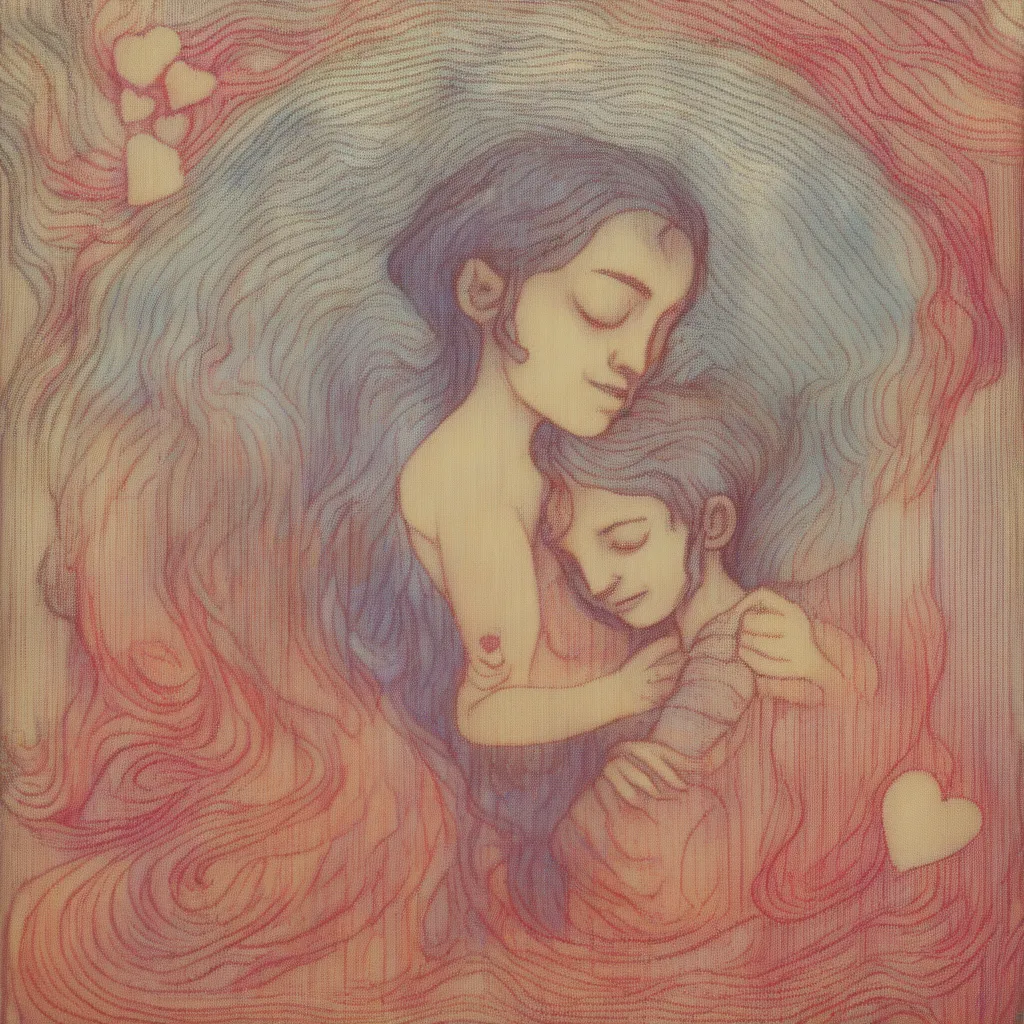
The Lifelong Journey of Matrescence
The journey of matrescence extends beyond a phase, impacting a mother's life profoundly. It evolves through various motherhood stages, fostering ongoing growth and change. Matrescence shapes a mother's identity, influencing her lifelong experiences and relationships. Embracing the journey is essential for understanding the enduring impact of matrescence.
How does Matrescence Shape Your Future Self?
Matrescence has a profound impact on a mother's identity and sense of self, shaping her future outlook and priorities. It influences personal growth, aspirations, and life direction, extending to long-term values and choices. Matrescence moulds perspectives and sets the trajectory for a mother's life.

FREQUENTLY ASKED QUESTIONS ANSWERED
What is the meaning of Matrescence?
Matrescence refers to the transformative journey of physical, emotional, and psychological changes experienced by women during motherhood. Similar to adolescence or menopause, it involves identity shifts, challenges, and personal growth. Recognizing and embracing matrescence can empower mothers and provide them with the support they need.
What exactly is matrescence and why is it so important?
Matrescence is the process of becoming a mother, encompassing physical, emotional, and psychological changes. It's important because it acknowledges the significant transition and growth that women go through during motherhood. Embracing matrescence fosters personal growth, self-awareness, and a deeper bond with one's child.
What are some of the key changes that occur during matrescence?
During matrescence, women experience significant psychological and physical changes. These include hormonal shifts, evolving relationships, and a shift in priorities. It's important to recognize that postpartum depression or anxiety can also be part of the matrescence journey. Matrescence deserves more attention and support as it shapes a woman's transition into motherhood.
How can partners and family members support a woman going through matrescence?
Supporting a woman going through matrescence involves active listening, providing emotional support without judgment, helping with household tasks and childcare to reduce stress, and being patient and understanding of mood swings and changes in behaviour. Encouraging self-care practices and offering assistance in making time for them can also be beneficial.
What kind of resources are available for women experiencing matrescence?
There are numerous resources that can support women during matrescence. Books such as "The Fourth Trimester" and "The First Forty Days" offer valuable insights and advice. Online communities like the Matrescence Collective foster connection and understanding. Additionally, professional therapy or counselling can provide guidance through the challenges of this transformative journey.
Conclusion
Matrescence is a transformative journey that brings about profound changes in a woman's life. It encompasses physical, emotional, and social transitions as she embraces motherhood. Throughout this journey, it is crucial for women to recognize and prioritize their mental health, practice self-care, and navigate societal expectations with self-compassion. Building strong relationships, bonding with their child, and cultivating resilience are essential aspects of empowering oneself during matrescence. Additionally, having a supportive community and accessing professional help when needed can greatly contribute to a woman's well-being during this transformative period. Matrescence is not just a temporary phase but a lifelong journey that shapes a woman's future self. Share your thoughts and experiences in the comments below as we continue to learn and grow together.
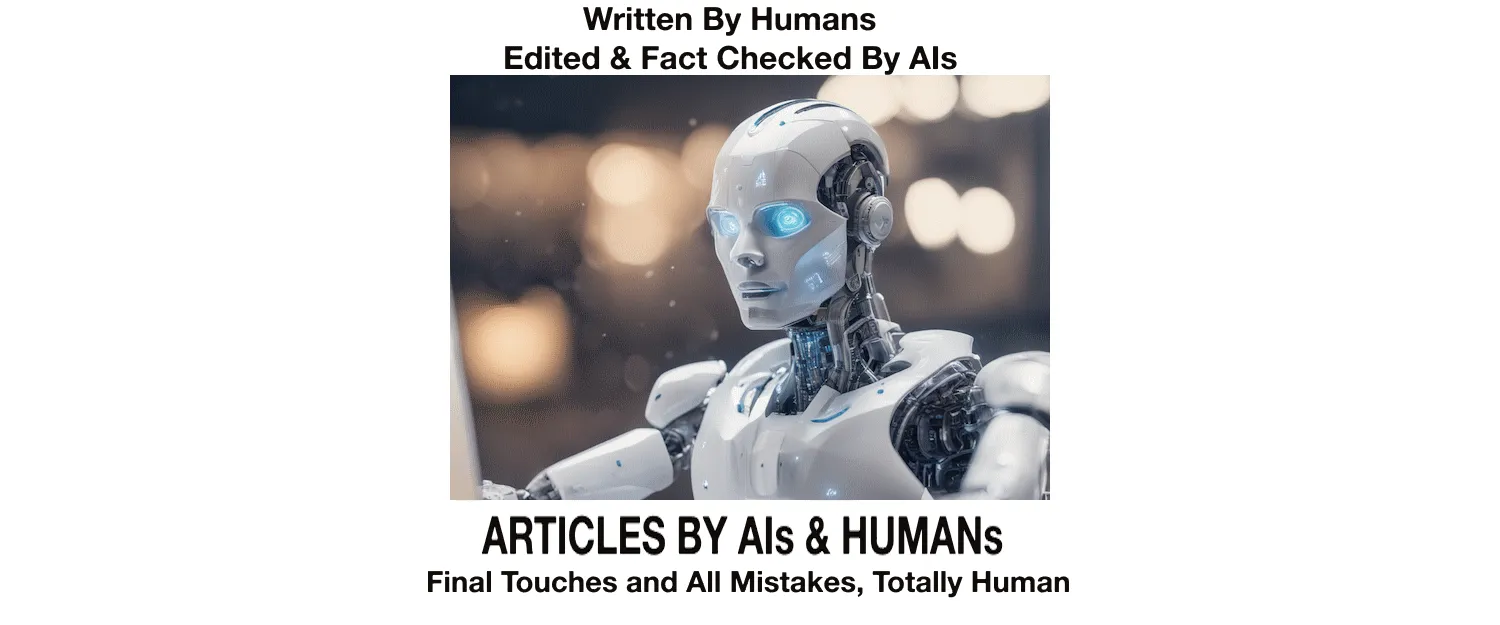
PERPLEXITY AI Says:
- Physical changes during matrescence can include alterations in body shape and size, as well as hormonal fluctuations[8][10]. Emotional and psychological changes can be intense, with many women experiencing feelings of sadness, postnatal depression, anxiety, guilt, and irritability[2][3][7]. These changes can start even before pregnancy and continue through the initial years after birth[3][7][8].
- Social changes during matrescence involve shifts in relationships and identity[3][4][7]. A woman's identity as a mother continues to evolve as her child grows and as she possibly has more children[9]. The transition to motherhood can also lead to changes in a woman's values, goals, thought processes, and routines[3].
- Matrescence can be a challenging time for many women, with feelings of being overwhelmed, frustrated, and fearful[8]. It's important to distinguish the natural experiences of matrescence from postpartum depression, which is considered a psychiatric ailment[8].
- To navigate the transition brought by matrescence, it can be helpful to seek support from loved ones, join support groups, and prioritize self-care[5][7][9]. It's also crucial to normalize the experience of matrescence so that women don't feel alone and can get the help they need[3][4].
- In essence, matrescence is a powerful, transformative process that involves the rebirth of a woman as she becomes a mother. It's a time of growth, change, and self-discovery that can be both challenging and rewarding[3][4][7][10].
Suggested reading
- Raphael D. Being female: Reproduction, power, and change. Chicago: Mouton Publishers; 1975.
- Sacks A. What no one tells you: A guide to your emotions from pregnancy to motherhood. New York: Simon and Schuster Inc; 2019.
- Stern DN, Bruschweiler-Stern N, Freeland A. The birth of a mother: How the motherhood experience changes you forever. New York: Basic Books; 1998.
Citations:
[1] https://dictionary.cambridge.org/us/dictionary/english/matrescence
[2] https://nayacare.org/blog/5-things-that-happen-with-matrescence/
[3] https://www.rootandbranchnutrition.com/rb-blog/matrescence
[4] https://www.thehealinggroup.com/blog/matrescence
[7] https://cradlewise.com/blog/matrescence-your-birth-as-a-mother
[8] https://bcmj.org/blog/matrescence-great-adventure-about-begin
[9] https://forestpsychology.com.au/developing-your-new-identity-as-a-mother/
[10] https://www.mothermuna.com/articles/navigating-the-challenges-of-matrescence/
[11] https://birthtrauma.org.au/what-is-matrescence/
[12] https://theeverymom.com/matrescence/
[14] https://www.thecut.com/2018/05/the-identity-transformation-of-becoming-a-mom.html
[15] https://www.postpartum.net/preparing-for-better-outcomes-matrescence-education-as-a-pathway/
[16] https://www.thebump.com/a/matrescence
[17] https://integrisok.com/resources/on-your-health/2018/september/matrescence
[18] https://www.psychedmommy.com/blog/motherhood-identity
[19] https://www.sciencedirect.com/science/article/pii/S1364661322003023
[21] https://www.jessfeldtcoaching.com/blog/2020/2/26/the-motherhood-identity-shift
[22] https://insightcounselingcenters.org/2022/05/06/matrescence-the-transition-to-motherhood/
[23] https://www.matrescenceskin.com/blogs/motherhood-refined/this-is-matrescence
[24] https://prosperamhw.com/what-to-do-about-a-postpartum-identity-crisis/























